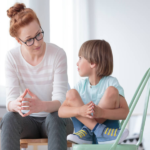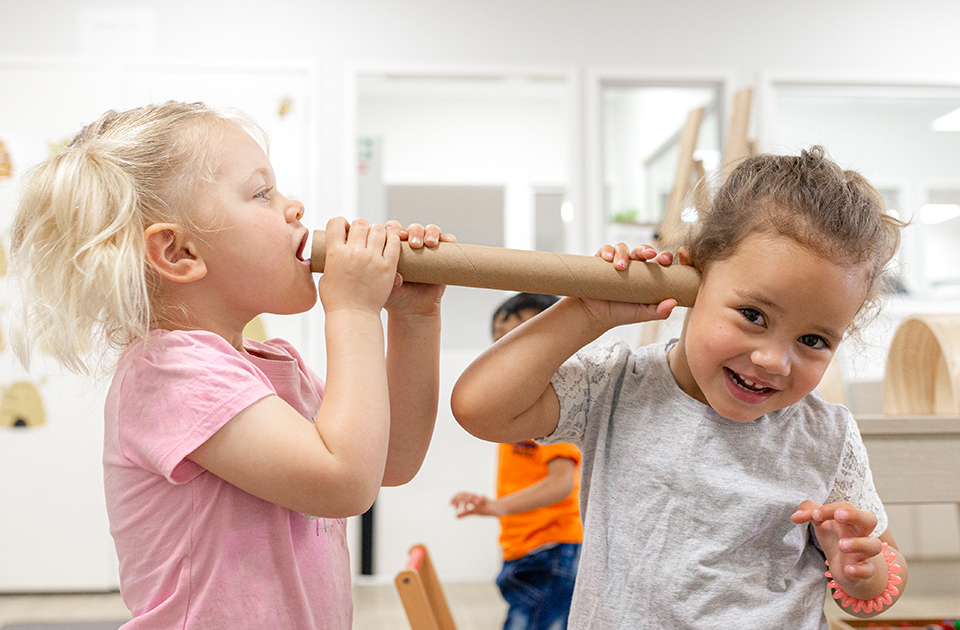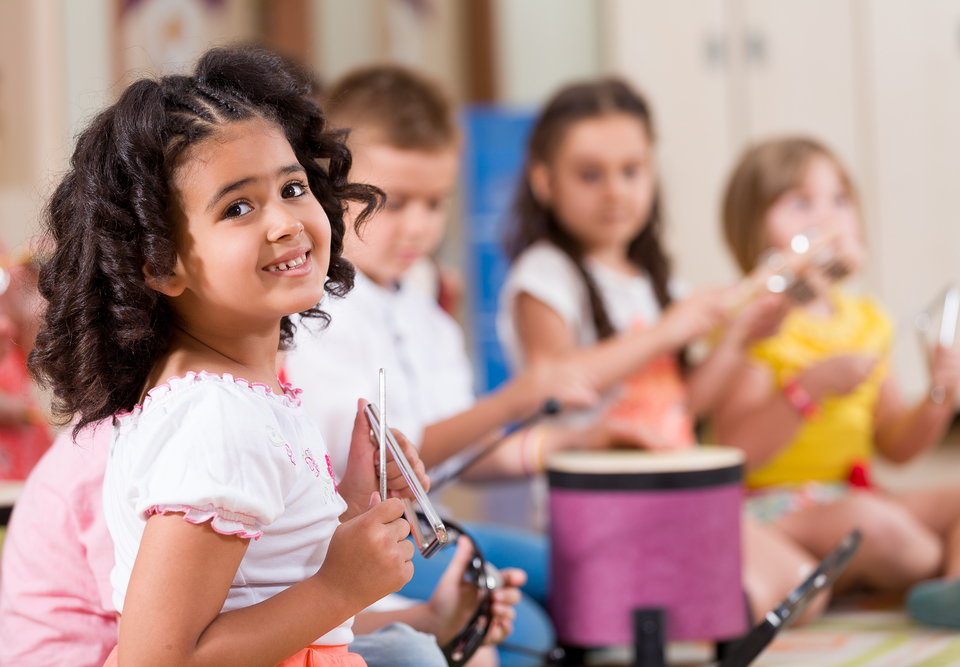In the whirlwind of toddlerhood, marked by boundless energy, curiosity, and rapid development, lies a crucial window of opportunity to cultivate a profound human quality: empathy. Teaching toddlers to understand and respond to the feelings of others is a gift that will enrich their lives and relationships for years to come. While it’s a journey filled with both challenges and rewards, the effort invested in nurturing empathy in these early years yields immeasurable dividends.

The Foundation of Empathy: Understanding Emotions
The first step in teaching toddlers about empathy is to help them recognize and understand their own emotions. As toddlers grow, they begin to experience a wide range of feelings, from joy and excitement to frustration and sadness. While these emotions can sometimes seem overwhelming to them, they are an essential part of their development.
Parents and caregivers play a vital role in helping toddlers identify and label their emotions. By using simple words to describe how the child is feeling – “You seem happy!” or “I can see you’re upset” or “I can tell you’re angry,” we give them the words to say what they want to say. It’s equally important to validate their emotions, letting them know that it’s okay to feel whatever they’re feeling.
There are many fun and engaging activities that can help toddlers understand their emotions. Reading books about feelings, singing songs about different moods, and playing games that involve expressing emotions are all great ways to introduce this concept.
Building Bridges: Connecting Emotions to Others
Once toddlers have a basic understanding of their own emotions, they can begin to connect those feelings to the experiences of others. This is where the seeds of empathy truly begin to sprout.
One of the most powerful ways to teach empathy is through modeling. When parents and caregivers openly express their own emotions and respond with empathy to the feelings of others, toddlers learn by example. Witnessing compassion and understanding in action lays the foundation for them to do the same.
It’s also important to help toddlers recognize and respond to the emotions of others. Pointing out facial expressions, body language, and tone of voice can help them decipher how someone else is feeling. Encourage them to ask questions like, “Are you okay?” or “Do you need a hug?” when they see someone who seems upset.

Nurturing Empathy through Play and Everyday Interactions
Playtime is a fertile ground for cultivating empathy in toddlers. Through imaginative play, role-playing, and cooperative games, children learn to see the world from different perspectives and understand the impact of their actions on others.
Simple games like taking turns, sharing toys, and helping each other can foster a sense of empathy and cooperation. Encourage toddlers to put themselves in someone else’s shoes and consider how their actions might make that person feel.
Everyday interactions also offer countless opportunities to teach empathy. Whether it’s comforting a sibling who is crying, helping a friend who is struggling, or showing kindness to a pet, these small moments can have a big impact on a toddler’s developing sense of empathy.
Addressing Challenges: Handling Tantrums and Conflicts
Tantrums and conflicts are an inevitable part of toddlerhood. While they can be frustrating for parents and caregivers, they also present valuable opportunities to teach empathy and conflict resolution skills.
When a toddler is having a tantrum, it’s important to remain calm and patient. Acknowledge their feelings and let them know that you understand they’re upset. Once they’ve calmed down, help them identify the cause of their frustration and explore ways to handle similar situations in the future.
Conflicts with other children can also be teachable moments. Encourage toddlers to express their feelings and listen to the perspectives of others. Help them brainstorm solutions that work for everyone involved and emphasize the importance of compromise and forgiveness.
The Power of Stories: Cultivating Empathy Through Literature
Books are a wonderful tool for fostering empathy in toddlers. Stories that explore a range of emotions and experiences can help children understand the complexities of human feelings and relationships.
Choose age-appropriate books that feature characters dealing with challenges, overcoming obstacles, and showing kindness to others. As you read, engage your toddler in discussions about the characters’ feelings and actions. Ask questions like, “How do you think that made them feel?” or “What would you do if you were in their shoes?”
Fostering Empathy in a Digital Age
In today’s digital age, it’s important to be mindful of the impact of technology on empathy development. While screens can be a source of entertainment and education, excessive screen time can hinder social interaction and emotional connection.
Set limits on screen time and choose media that promotes positive values and prosocial behavior. Use technology to connect with loved ones who live far away and encourage toddlers to use video calls to express their feelings and share their experiences.

Conclusion
Teaching toddlers to understand and respond to the feelings of others is a journey that requires patience, consistency, and compassion. By providing a supportive environment, modeling empathy, and creating opportunities for connection, we can help children develop this essential human quality.
The benefits of cultivating empathy in early childhood are far-reaching. Children who are empathetic are more likely to form strong relationships, navigate social situations with ease, and contribute positively to their communities. As parents and caregivers, we have the power to shape the next generation of compassionate and connected individuals.







